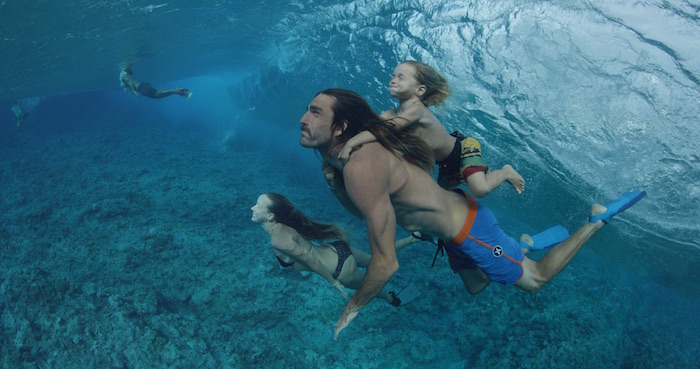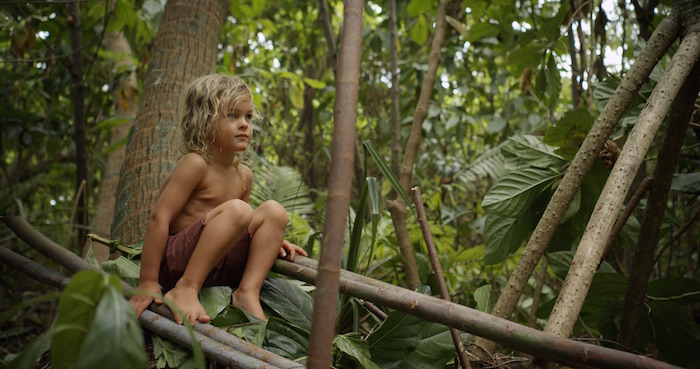PACIFICO
 Saturday, September 19, 2020 at 11:45AM
Saturday, September 19, 2020 at 11:45AM
Featuring: Christian Gibson, Chris Gooley, Charlie Wilmoth and Minnie Piccardo.
Directors: Andreas Geipel, Christian Gibson.
Available to rent or own worldwide from October 1 on iTunes, Google Play, Amazon Prime Video, Vimeo on Demand.
Rating: ★ ★ ★ ★

An experiential odyssey through the land, culture and humanity of Latin America, Pacifico chronicles the impact upon two young Australian men seeking meaningful connection beyond our desk-bound, web-dependent society. Cloaked under the aesthetics of a surfing doco, kindred spirits Christian Gibson and Chris Gooley front a remarkably poignant, visually gorgeous travelogue that captures true beauty, both natural and emotional.
Welcomed by the voice of 20th century philosopher Alan Watts reciting his new-age anthem, The Secret of Life (“Let's have a dream which isn't under control, where something is gonna happen to me that I don't know what it's gonna be... And finally, you would dream where you are now”), we meet the Melbourne-based Gibson bemoaning the sale of his stalled internet start-up. The upside is that the 26 year-old is now cash healthy and determined to break down barriers to a wider world that he has unwittingly erected around his cloistered western life.
Gibson meets up with Gooley and is soon swept up in their journey of shared enlightenment, carried by their trustee steed - a decked-out van they call ‘Ulysses’. The pair cover thousands of miles across Mexico, Peru, Bolivia, Chile, Columbia and Peru, to name a few, seeking not only headland breaks and perfect barrels whipped up by the Roaring Forties, but also jungle treks, mountain trails and trout-rich rivers. While the union of man and nature is examined in earnest on their travels, so too is their own dynamic and their interactions with the villagers of the region.

Andreas Geipel, not present at all for the boy’s six month journey, earns a director credit for the skill with which he corrals hundreds of hours of footage into a singularly enriching narrative. The German filmmaker, employing introspective voiceovers from both Gibson and Gooley to help convey the life changing beauty of the land and its people, has crafted a deeply thoughtful work.
The dual meaning of the title repping both the pulsating, life-giving ocean and the peaceful, soulful nature of the region’s population, Pacifico is a film about journeys. Gooley ponders his connection with the waves that have travelled thousands of nautical miles to carry him for a few joyous moments at a time; the young men bring a sense of discovery to two generations of local men when they hand over the control of Ulysses on a vast salt lake; and, in sweetly-captured glimpses of new love, Gibson commits to a journey of the heart when he falls hard for Argentinian beauty, Minnie.
Citing as the inspirational life force of the journey the spirit of Andean goddess Pacahmama (‘Mother Earth’), Pacifico resonates with the courage required to take that first step beyond the way of life to which one becomes accustomed. It is a call to arms for adventurers, those seeking profound discovery of both body and soul.
 Documentary,
Documentary,  Latin Cinema,
Latin Cinema,  Spirituality,
Spirituality,  Surfing
Surfing 







